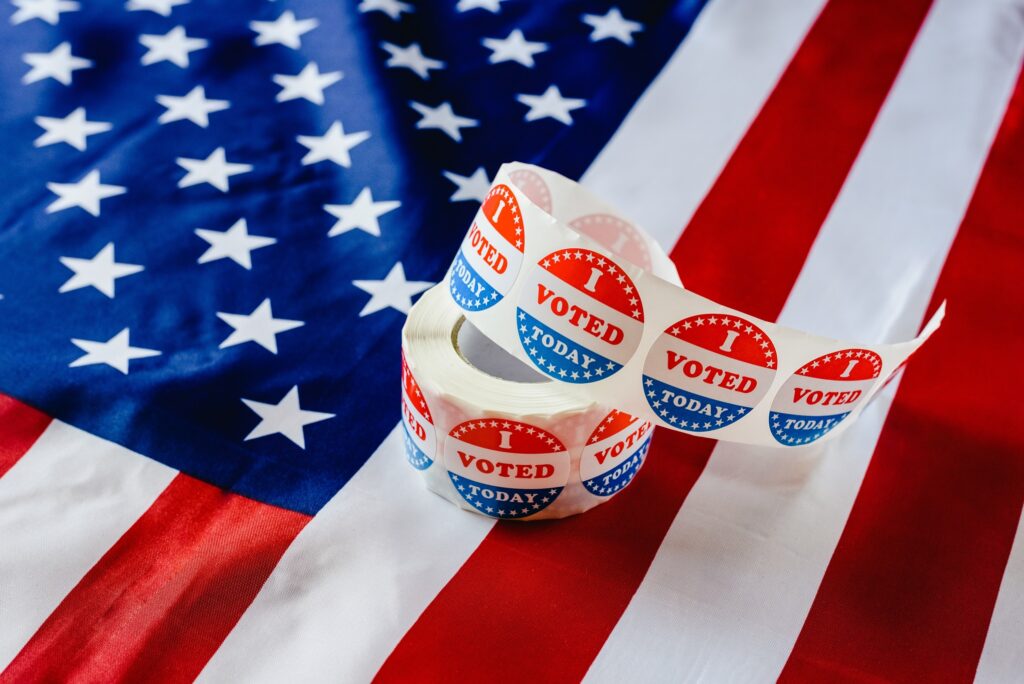War of the Twitter bots
Nations are always fighting the last war. The Roman legions eventually fell victim to the unconventional tactics of the Visigoths. The British fleet sank off of Singapore because it couldn’t comprehend air power.
Today, the United States is at risk of fighting the last war again. Americans need to realize that the next war may very well be fought with data and information, rather than guns and planes, and come around to the idea that the battlefield is not a public space (like the seas or the air) but a private one, managed and controlled by private actors.
It is for these reasons that The Washington Post’s recent Cybersecurity 202 report is a harbinger of things to come. Twitter has taken down 70 million bot accounts since May. That’s more than 1 million suspicious accounts per day. We applaud this prodigious effort, which is a significant step for a social media giant to take to protect both this country’s elections and the integrity of American discourse.
There is no doubt that Russia will pursue an influence campaign in the U.S. midterm elections. Indeed, then-CIA Director (now Secretary of State) Mike Pompeo said in January that the intelligence community has not seen decreases in Russian influence activity and that he has “every expectation” that Russia intends to pursue efforts to interfere in the midterms.
In light of this, efforts to confront Russian interference have (and should) include both government and tech companies. We consider Twitter’s bot-elimination campaign as a significant signal from the private sector that it’s taking its role in that effort seriously.
Of course, the effort by Twitter is unsurprising in light of Congress’s recent focus on social media’s role in Russian interference. A group of senators introduced the Honest Ads Act last fall to add transparency in the purchase of political ads. Both the Senate and the House have held hearings this year with testimony from Google, Facebook and Twitter regarding their efforts (or lack thereof) to constrain election interference. What’s more, Mark Zuckerberg recently made a splash when he told CNN: “I actually am not sure we shouldn’t be regulated.” Indeed, unless the tech giants do better in constraining interference campaigns, all signs point toward a future with far more government regulation.
Despite the pressure from government, observers should not assume that Twitter’s bot purge was a given. Twitter’s economic value is directly tied to its number of users. Already, Twitter has suffered financially from the purge, with its shares plummeting in the face of reports about how many accounts were faked. But Twitter—an avowed home of free speech—chose to take seriously its role as a platform that has been used for electoral interference, regardless of the financial hit it took to do so.
Surely more steps are needed, and there will be hard questions at the margins. But removing artificial bots—programs with neither rights nor responsibilities—is a relatively easy case. While some may prefer a world of complete freedom, that simply is not realistic in today’s information climate.
Big Tech will have to continue to balance the goals of providing an open platform that protects free speech with combating those who abuse the platform. What is most significant about Twitter’s actions, then, is that they reflect a change in the overarching approach it and other tech companies have taken. Almost since their founding, social media companies have seen their platforms as unregulated spaces in which they take a hands-off approach. Given what is now known, all should welcome a more realistic approach.






